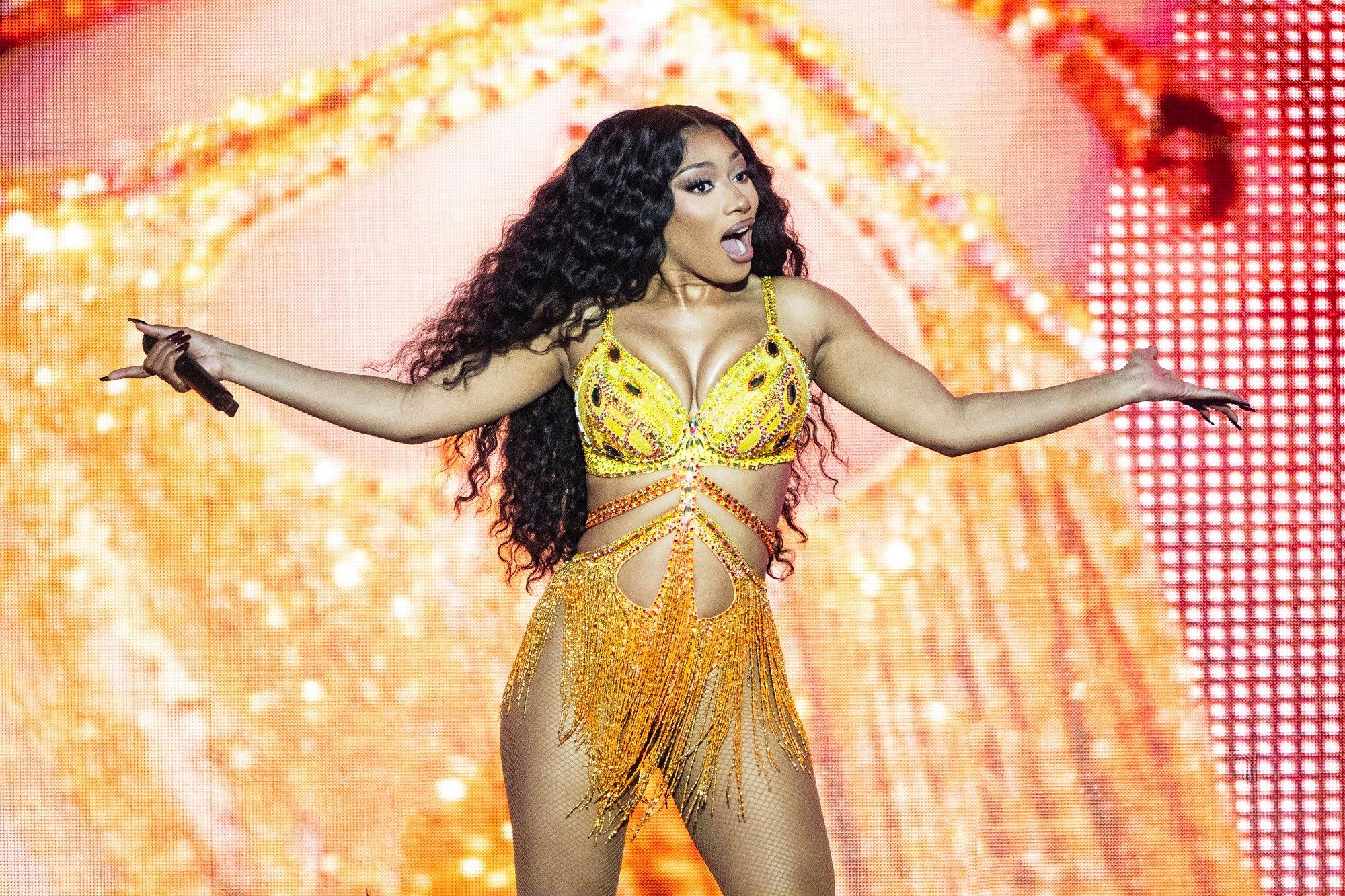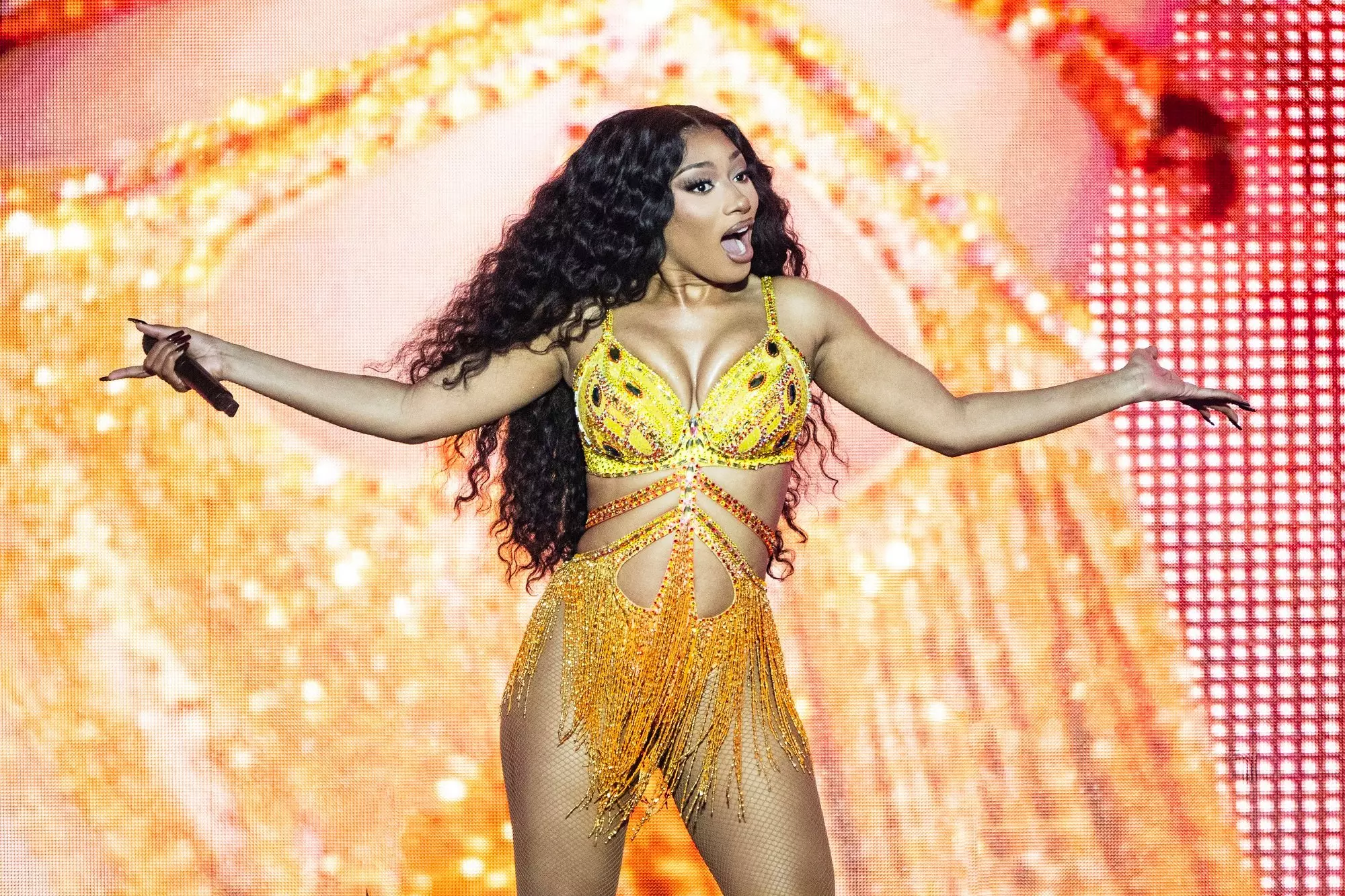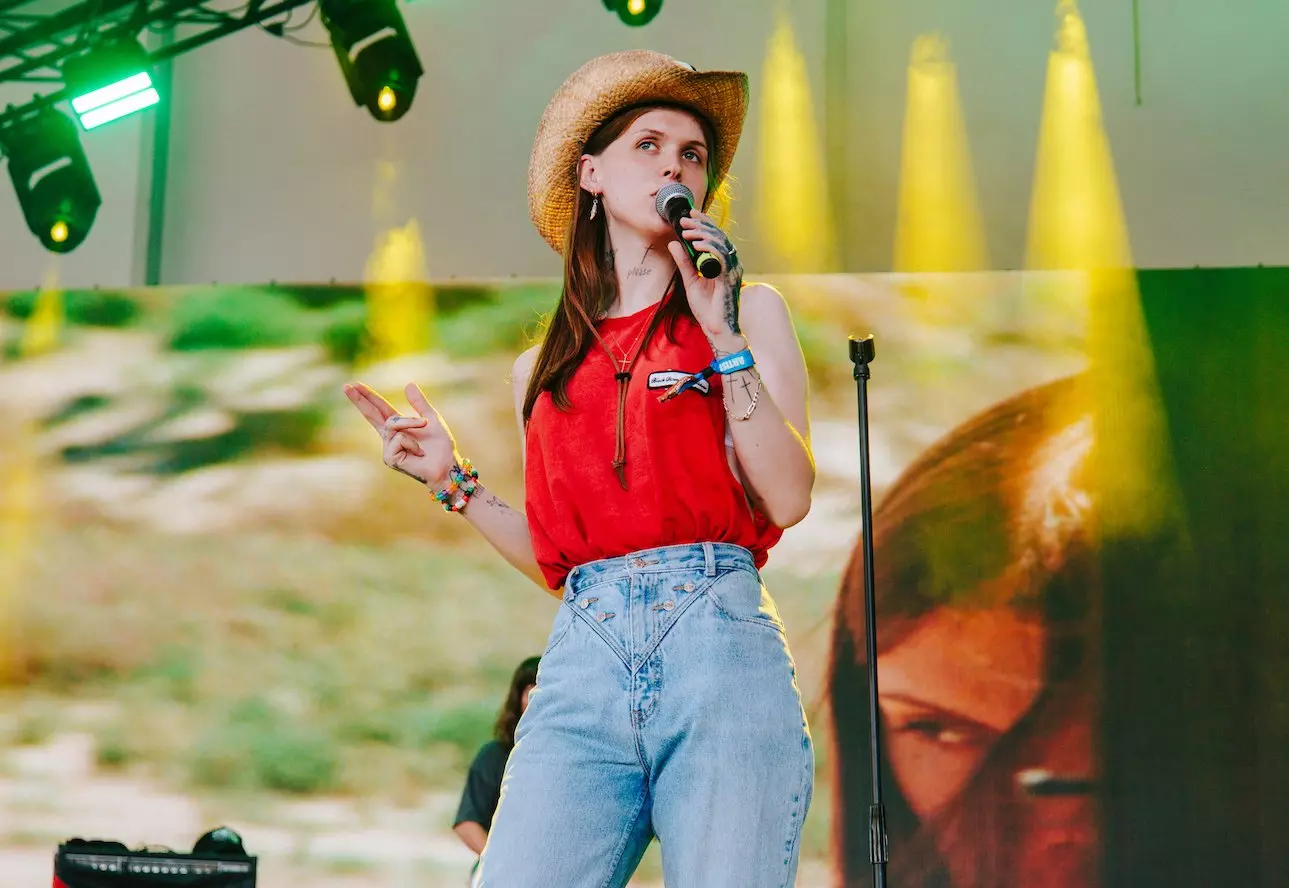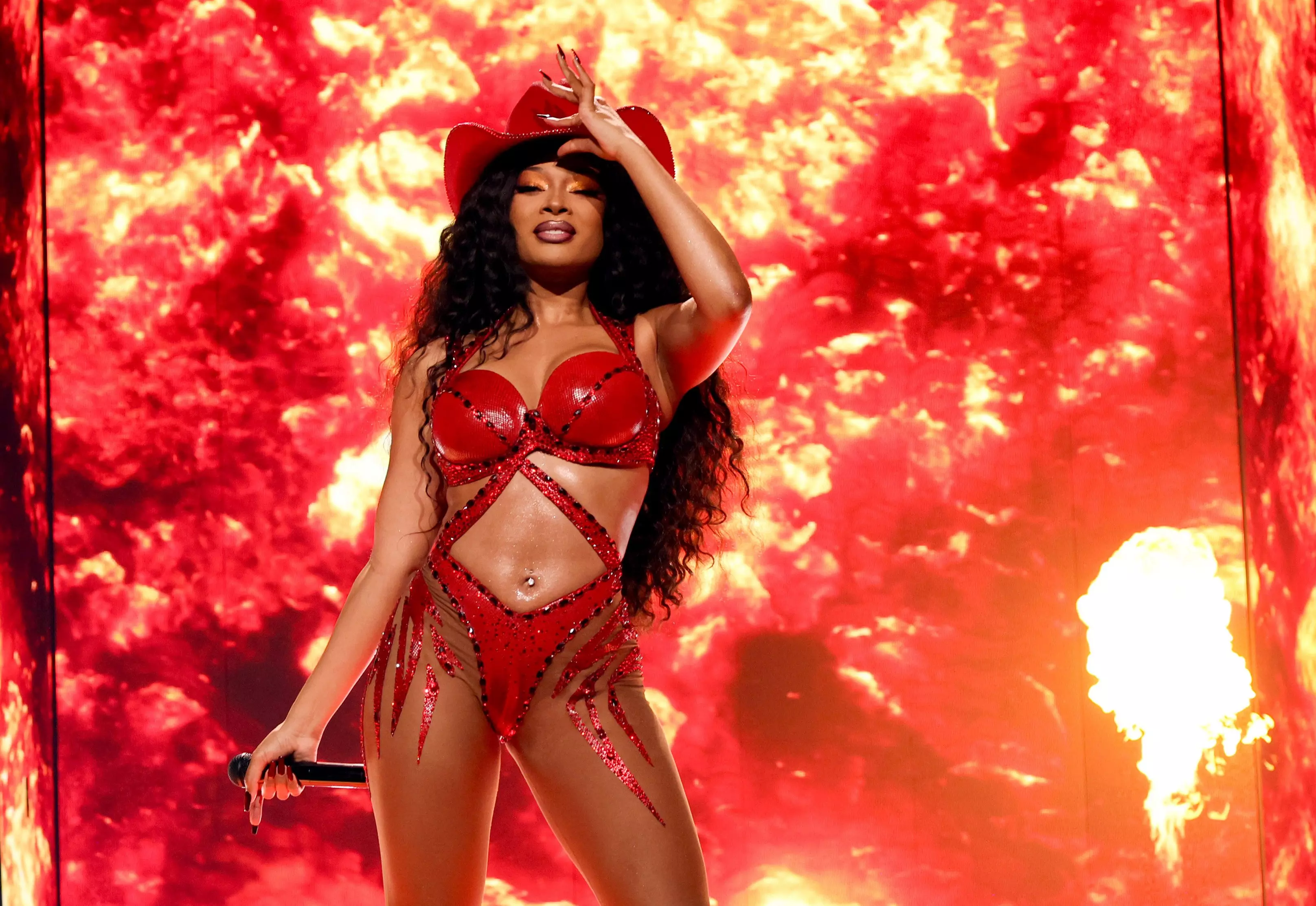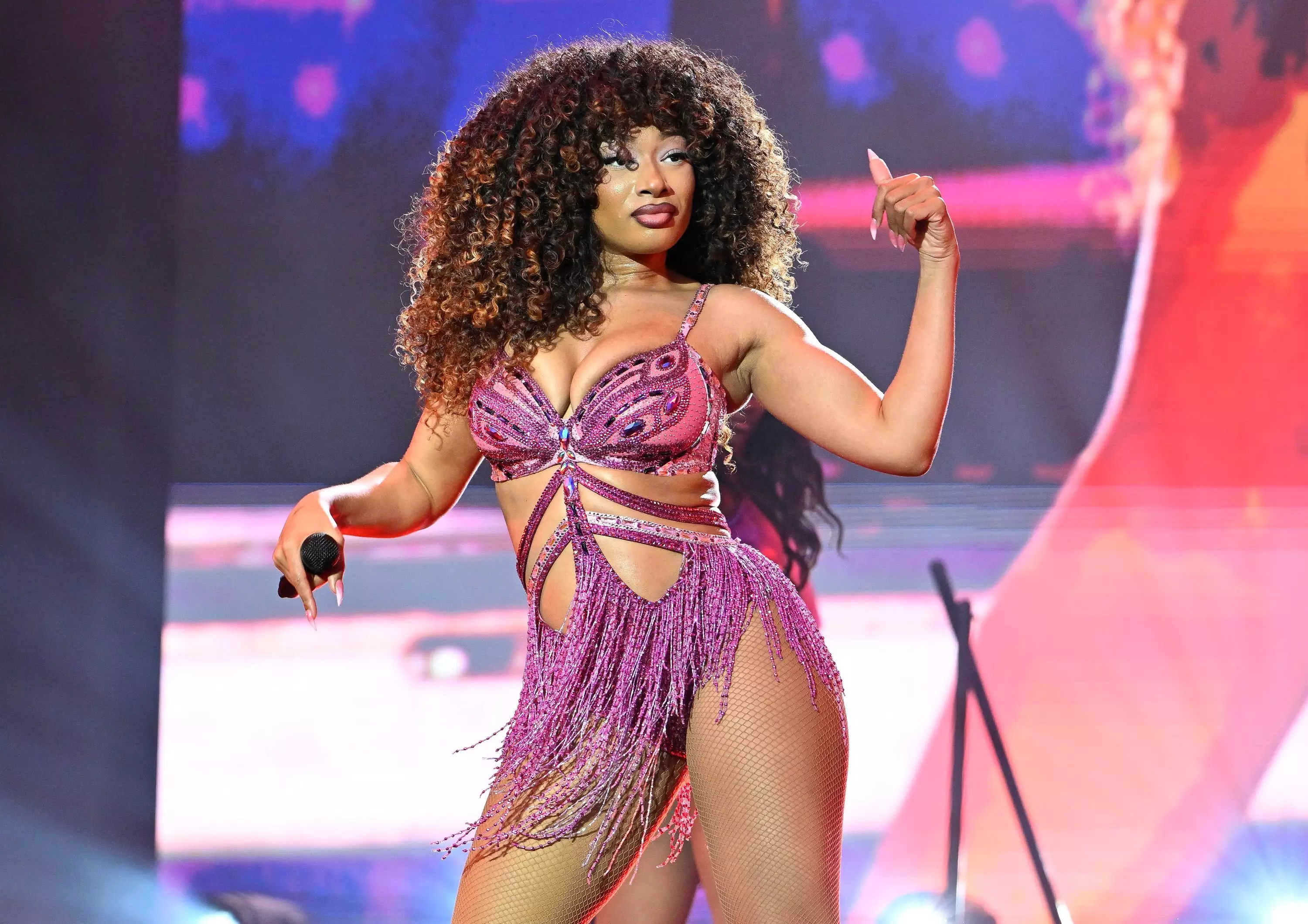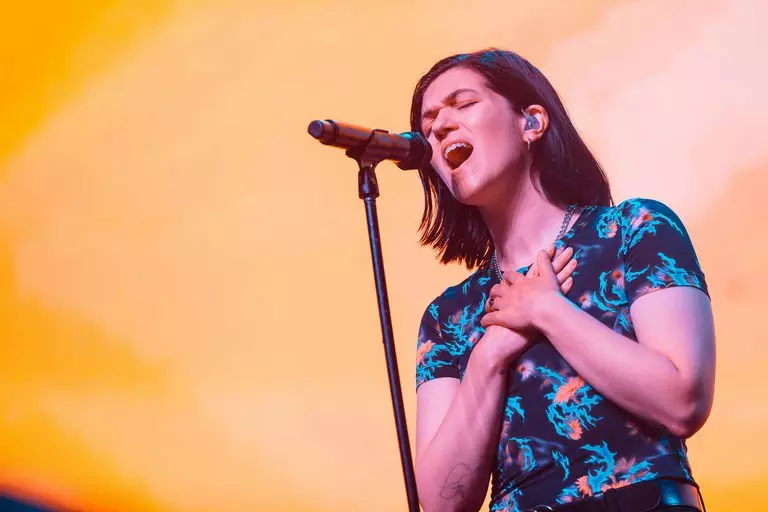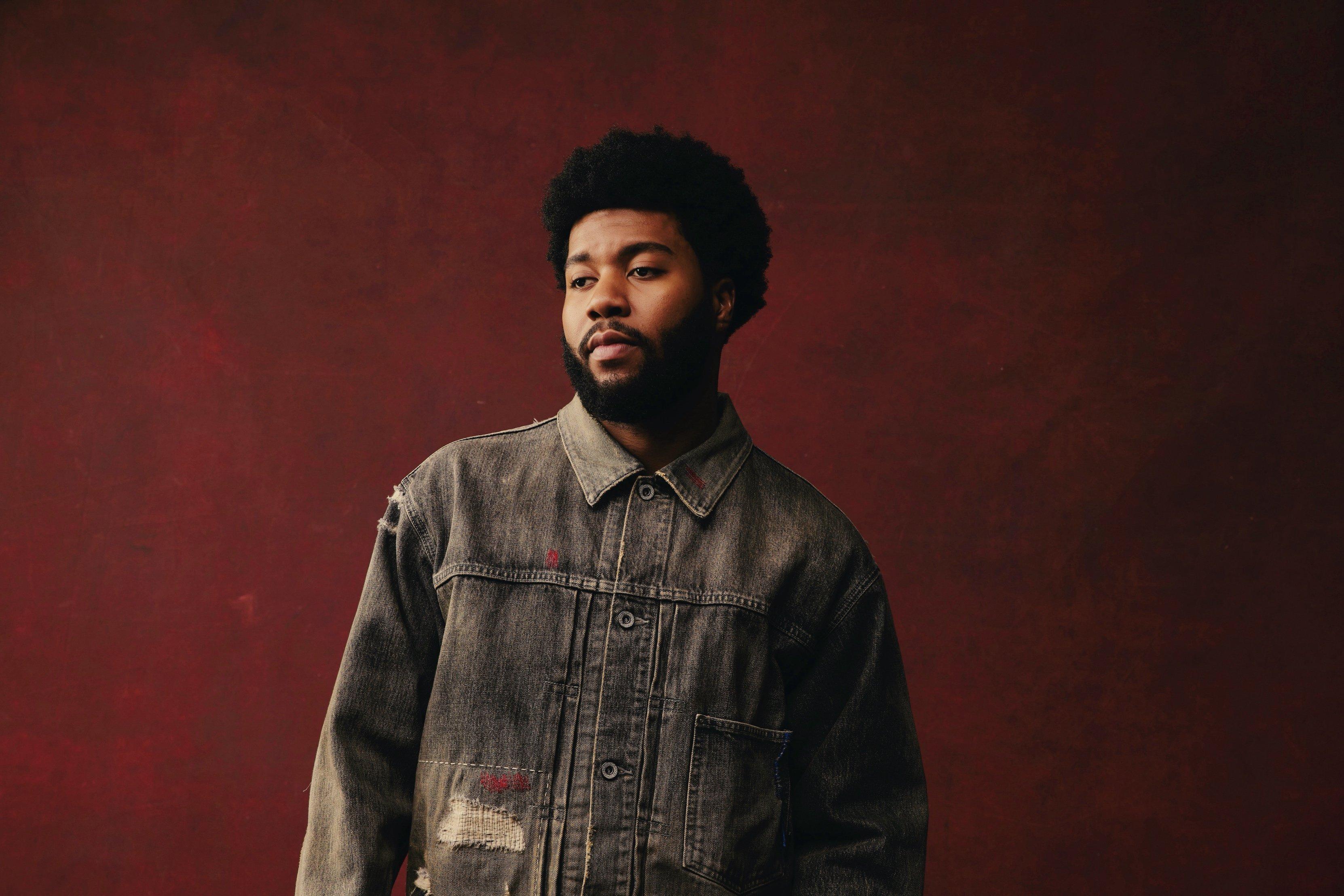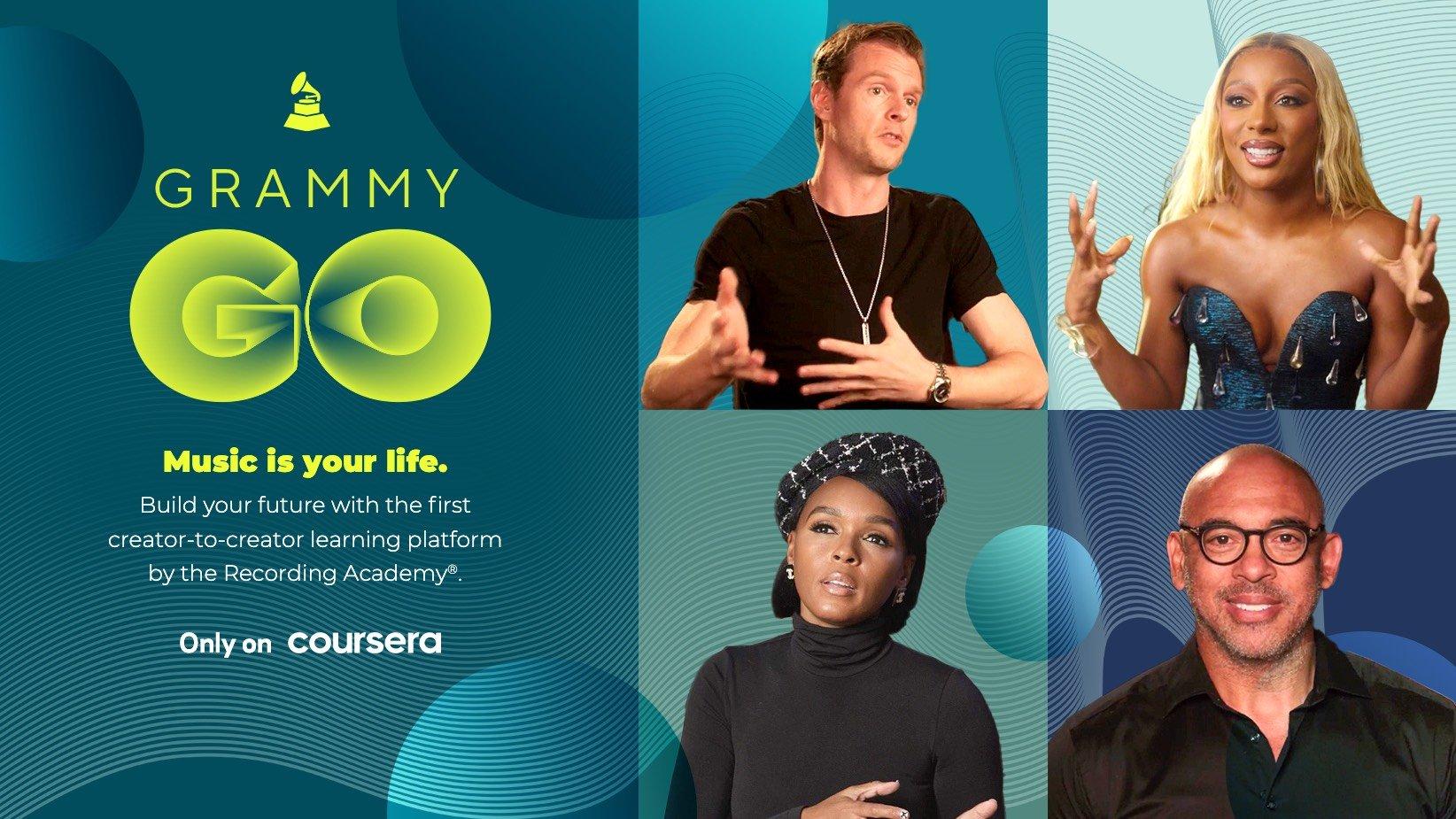The roster of the Best R&B Album nominees at the 2024 GRAMMYs makes it abundantly clear that women are driving the category for the 66th GRAMMY Awards.
Coco Jones and Victoria Monét took back control over their careers and scored their biggest hits yet, while Summer Walker and Emily King turned their pain into art that resonates. Babyface — who helped define the '90s as one of the most in-demand songwriters — released his first full-length record in seven years, Girls Night Out.
Since 1995, only 12 female artists have won Best R&B Album with Alicia Keys receiving the honor three times. This year, female artists are taking center stage in the category. From Babyface championing some of today's most promising female R&B vocalists, to Monét and Jones finding their unique voices and King and Walker's beautiful solace in heartbreak, it's anyone's game.
Ahead of the 2024 GRAMMYs on Feb. 4, 2024, get to know the five nominees for Best R&B Album.
Babyface - Girls Night Out
R&B legend and 11-time GRAMMY winner Babyface didn't set out to make a sequel to 1996's beloved Waiting to Exhale's soundtrack — which boasts vocal contributions from Whitney Houston, Brandy, Toni Braxton, Mary J. Blige, TLC, and Aretha Franklin, to name a few.
Still, his 2022 album Girls Night Out drew plenty of comparisons to the now-iconic OST due to its all-female lineup. The record features some of the leading ladies from R&B's new class, including Ari Lennox, Muni Long, Kehlani, Queen Naija, and fellow nominee Coco Jones (more on her later). His "Keeps on Fallin'" collab with Ella Mai received a nod for Best Traditional R&B Performance at the 2023 GRAMMYs.
As the Girls Night Out title suggests, Babyface takes a backseat and lets the women shine. While each lends their own signature style, the result is a cohesive body of work under Babyface's mentorship.
Despite having 125 Top 10 writer/producer credits to his name, the 64-year-old music veteran admitted to studying the current R&B landscape before joining forces with some of the genre's brightest and best. His homework is perhaps most reflected in "Game Over," "Don't Even Think About It," "G Wagon," and the title track.
"I needed to learn how people spoke and how melodies are different," Babyface told GRAMMY.com in early 2023. "I have a much clearer understanding of today's R&B because there is a difference, and it's not necessarily a difference that's any better or any worse. It's just a difference in terms of time, and that's what made the process enjoyable to me."
Coco Jones - What I Didn't Tell You (Deluxe)
Coco Jones is living proof that staying the course pays off. With co-signs from Janet Jackson and Beyoncé, Jones started recording demos at just 9 years old and released music independently for nearly a decade after parting ways with Disney in 2014.
Fast forward to 2023, a jam-packed year of exciting firsts for the former Disney Channel prodigy. The platinum-selling single "ICU" off Jones' debut EP, What I Didn't Tell You, became her first Billboard Hot 100 chart entry and first No. 1 on the Mainstream R&B/Hip Hop Airplay chart. Plus, the 25-year-old embarked on her first headlining tour, which kicked off on Aug. 5. And now, her first GRAMMY nomination.
Released in the second half of 2022, What I Didn't Tell You sees the Bel-Air star returning to music roots in a big way and leaning into her starpower with "Crazy for Me," "Spend It," "Headline," and the SWV-sampling "Double Back" emerging as standouts in addition to breakout hit "ICU."
In typical R&B fashion, What I Didn't Tell You takes listeners through the mixed bag of emotions brought on by love. But longtime fans may notice something's different this time around. For instance, lyrics like "This here is top shelf, I know you're thirsty / Run up a tab so you can get every drop of me" from "No Chaser" are delivered with a level of confidence that's only attained through real-life experiences.
The deluxe version of What I Didn't Tell You features four extra tracks, including her "Simple" duet with Babyface. With the 2024 GRAMMYs inching closer, Jones is clearly manifesting what could end up being her first-ever win. "That photo of Beyoncé, where she's holding several GRAMMYs — I put my face on there," she recently told the Los Angeles Times. "And then I zoomed in on a GRAMMY, and wrote Coco Jones."
Emily King - Special Occasion
"This year's gonna be about me / Never will I have another reason to doubt me," Emily King declares on "This Year," the opening track off her fifth studio album, Special Occasion.
The song itself sees King picking up the pieces of a broken heart, but on a larger scale, it's a sincere manifestation of good things to come.
All 11 tracks on Special Occasion embody the end of King's nearly 15-year relationship with Jeremy Most, who doubled as her longtime musical collaborator. As King told NPR, the record is more than a breakup album; it's a collection of "songs that project out into the future of who I want to be."
Born to jazz singers in New York City, King's talent caught the attention of Clive Davis at just 18 years old, landing a deal with the legendary executive's J Records. In 2008, her debut album, East Side Story, garnered a GRAMMY nomination for Best Contemporary R&B Album. Around the same time, King toured with John Legend, Alicia Keys, and Erykah Badu. However, the then-newcomer grew dissatisfied with the music that was supposed to represent her and J Records dropped her soon after. "I had made compromises creatively," King, now 38, told "CBS Mornings."
So, receiving another GRAMMY nod (her fourth in total) in a similar category for music that she's creating on her terms must feel full-circle and validating as an artist.
While cuts like "Bad Memory" and "Easy" evoke regret and sadness, there's also great moments of joy sprinkled across Special Occasion. "Brand-new kicks and my old Jeep / Windows down, catch the summer breeze / Music loud on the stereo / Cuties passing, wave hello," she croons.
In all the complexities and nuances heard throughout the sonic journey that is Special Occasion lies King's most honest work to date.
Victoria Monét - JAGUAR II
Victoria Monét is finally getting the spotlight she deserves. After years spent penning hit songs for artists like Ariana Grande, Chloe x Halle, and BLACKPINK, Monét's debut studio album, JAGUAR II, was met with much acclaim when it arrived on Aug. 25.
Earlier in August, the 34-year-old set social media ablaze when she dropped the Y2K nostalgia-laced visuals for "On My Mama," the third single off JAGUAR II and her highest-charting single on the Billboard Hot 100 so far.
Ironically, the feel-good anthem was conceived while Monét experienced postpartum depression a couple months after welcoming her first child in 2021. "It came while I was in a place of disbelief in what I was actually saying. So it's almost like I had to speak it into existence," she told Apple Music 1.
For much of the sonic cohesion heard throughout JAGUAR II, Monét entrusted two-time GRAMMY winner D'Mile, who counts Beyoncé and JAY-Z, along with Bruno Mars and Anderson .Paak's Silk Sonic as collaborators. In its entirety, Monét’s record makes the perfect soundtrack for family reunions and cookouts. Songs like "Good Bye," "How Does It Make You Feel," and "Hollywood," which features Earth, Wind & Fire and Monét's two-year-old daughter Hazel's first laugh, are such ethereal nods to '70s music that it's easy to mistake the album for a time machine.
Monét's future looks brighter than ever, as evidenced by her sold-out debut headlining tour and celebratory deal with RCA Records.
"I feel really excited to just be able to share these parts of myself with the world, while not trying to put too much pressure on expectations, but of course I do want the accolades," she told GRAMMY.com in 2020. "I have GRAMMY dreams, I have award show performance dreams, I have world tour dreams. But really just being able to make music a career, and doing what I love — it’s a privilege."
Summer Walker - CLEAR 2: SOFT LIFE EP
Summer Walker's rise has been both fascinating and inspiring; she's come a long way since teaching herself to play guitar through YouTube tutorials and running her own cleaning business in her early 20s.
Her debut album, 2019's Over It, narrowly missed the top spot on the Billboard 200 chart but birthed her breakthrough hit, "Playing Games," whereas her 2021 sophomore effort, Still Over It, debuted at No. 1 on the Billboard 200. It also holds the record for the most streamed R&B album by a female artist since Beyoncé's Lemonade.
Fast forward a couple years later, and Walker is celebrating her first solo GRAMMY nomination thanks to her latest EP, CLEAR 2: SOFT LIFE — featuring production from Solange, Steve Lacy, Jay Versace, and John Carroll Kirby.
On the diaristic, neo soul-coded project, Walker is as raw, vulnerable, and introspective as ever. "Tired of seein' all these, all these / Spanish and these white bitches / Livin' they soft life with they feet kicked up," she sings in "Hardlife." Elsewhere, the spoken-word piece "Agayu’s Revelation" sees Walker taking accountability and prioritizing inner work over toxic relationships ("Stop workin' with people who are made of glass if you are made of steel").
One of the nine-track EP's highlights belongs to opener "To Summer, From Cole (Audio Hug)." On the track, which brought Walker to tears, J. Cole pens a heartfelt verse uplifting and affirming the mother of three. "I find it amazing the way that you juggle your kids, the biz, the fame / The bitches that's hatin', they sit around / Waitin' for you to fall off, like the album I'm makin,'" J. Cole raps over a minimalistic beat. "Between the hectic sounds of your precious baby crying / Do you clear your mind? Must be a lot goin' on."
"To Summer, From Cole" particularly stands out considering the singer's openness surrounding her social anxiety disorder and failed relationships, along with the fact that more Black women are breaking up with the strong Black woman archetype and embracing their "soft era" instead. As Walker noted to Apple Music, "I'm really loving life right now, enjoying this new outlook on life, loving the new me, loving my kids, and not letting life pass me by anymore." The "soft life" suits her well.
The 2024 GRAMMYs, officially known as the 66th GRAMMY Awards, returns to Los Angeles' Crypto.com Arena on Sunday, Feb. 4, 2024, and will broadcast live on the CBS Television Network and stream live and on-demand on Paramount+ at 8-11:30 p.m. ET/5-8:30 p.m. PT.
The Recording Academy and GRAMMY.com do not endorse any particular artist, submission or nominee over another. The results of the GRAMMY Awards, including winners and nominees, are solely dependent on the Recording Academy’s Voting Membership.
2024 GRAMMY Nominations: See The Complete Winners & Nominees List

.jpg)
